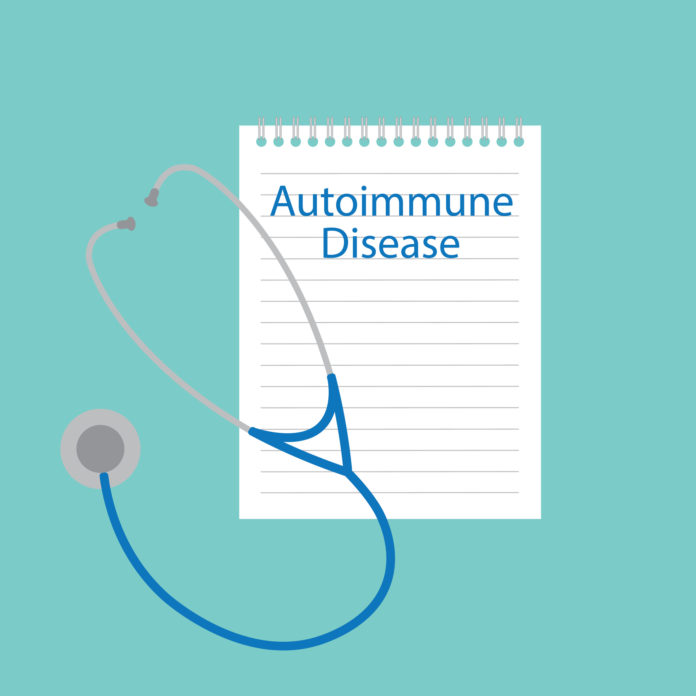There has been an alarming uptick in the frequency of autoimmune diseases in the American population. Approximately 50 million Americans have an autoimmune disease, and it is one of the top 10 leading causes of death in female children and women up to 64 years of age. Many of those who have an autoimmune disease are not even aware they have it.
An autoimmune disease occurs when your body’s immune system attacks the tissues of your body. Your immune system is designed to protect your body against infections intruders such as bacteria, viruses, and fungi. Your immune system can normally distinguish between its cells and those of foreign invaders. When “self” verse “non-self” surveillance by your immune system goes awry, you can end up with autoimmunity—literally meaning immune reaction against yourself. Part of the immune response is the release of inflammatory chemicals. Common signs of this inflammatory reaction include redness, swelling, as well as pain. However, symptoms such as fatigue and fever are also common symptoms.
Most of the body can be affected
Autoimmune diseases can affect every part of the body, including the brain, nerves, heart, blood vessels, muscles, skin, eyes, joints, lungs, kidneys, liver, glands, and digestive tract. No wonder researchers have identified between 80-100 autoimmune diseases with the possibility of another 40 or so having an autoimmune component!
Some of the common conditions you may be familiar with include rheumatoid arthritis, multiple sclerosis, psoriasis, Sjogren’s syndrome, fibromyalgia, Type 1 diabetes, and lupus. The most common cause of low thyroid in America is caused by an autoimmune reaction involving the thyroid gland, known as Hashimoto’s thyroiditis.
What are the real causes?
Ask conventional doctors what is causing your autoimmune disease, and you are likely to hear the word “genetics.” Indeed, genetics often play a role in one’s predisposition to autoimmune disease, and estimates are that approximately 20 percent of the population has a genetic predisposition. However, many people with an autoimmune condition do not have a family history of an autoimmune disease.
There are many triggers that emerging research is shown to be “triggers” of autoimmune diseases. Unfortunately, many of these triggers are not addressed by conventional doctors. Triggers or causative agents may include chronic infections (e.g., viral infections, gum disease, Lyme Disease, and others), imbalanced microbiome in the digestive tract (where 70% of the immune cell activity occurs), unhealthy intestinal lining known as increased permeability (where protein particles and bacteria can be improperly absorbed into the bloodstream causing an immune reaction), food allergies or sensitivities (particularly gluten), environmental toxins (toxic metals, pesticides, etc.), and hormone imbalances.
By listening carefully to the patient as to their symptoms, as well as what was happening with their health around the onset of their autoimmune disease, I suspect specific root causes that I then confirm with ultra-modern laboratory testing.
Most patients with autoimmune disease require changes in their diet, repair of their digestive tract, detoxification, and hormone balancing (particularly stress hormones, and in the case of women (estrogen/progesterone balancing). For patients on conventional drug therapies for autoimmunity, I address underlying causative factors and provide complementary therapies for a better quality of life.

Dr. Mark Stengler NMD is a bestselling author in private practice in Encinitas, California, at the
Stengler Center for Integrative Medicine. His weekly newsletter Dr. Stengler’s Health
Breakthroughs, is available at www.Americasnaturaldoctor.com

